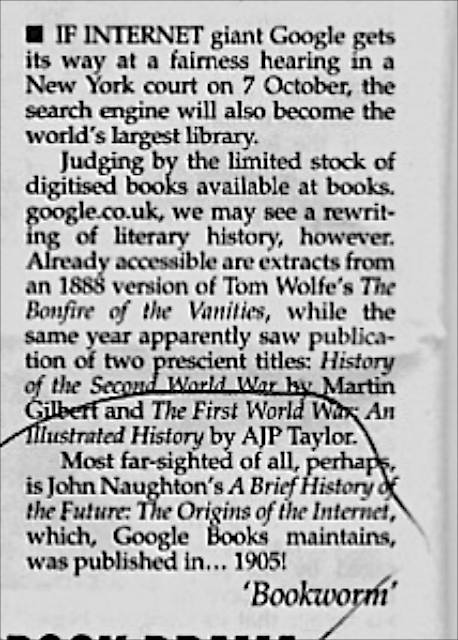Perceptive FT column by Luke Johnson.
We have entered the Digital Age, but most of those in control in business, and indeed politics, are not digital natives. By the time they get to be the definitive boss, leaders are generally in their 50s. At that point in their life, they are unlikely to be ready to reinvent what they and their company do. “The Establishment” is just that – by nature, they are not dramatic reformers.
So, in sectors such as the music industry, they cling to old-fashioned products like CDs, even when it is obvious the technology has passed its sell-by date. Believe me, I know: I owned a retailer selling CDs – and like-for-like revenues have been plunging – perhaps partly disguised by unit price cuts to maintain volumes. The same applies to film and DVDs; within a few years the format will be history. They all need to devise ways to make downloading pay, and halt the avalanche of piracy and file-sharing.
Unfortunately, a chief executive only a few years from retirement is hardly motivated to sack loyal colleagues to bring on board lots of teenagers to turn their company upside down. Psychologically, we are congenitally opposed to tearing down what we have helped create in order to build anew. Hence the status quo prevails, even if it is the demoralising task of managing decline with no salvation in sight. And so all efforts are applied to preservation in spite of a realisation that the economic model is broken – because no one is forcing the company in a new direction.



